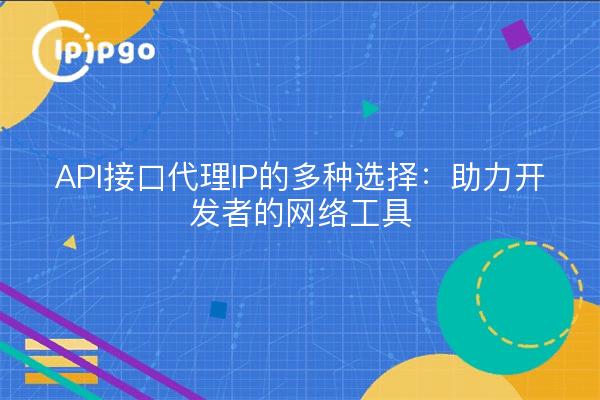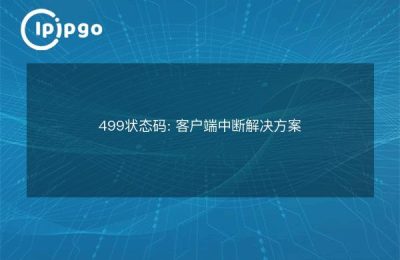
API interface proxy IPs play an important role in modern software development. They not only help developers with data crawling and testing, but also improve program stability and security. Below, let's take a look at some common API interface proxy IP options and their application scenarios.
What is API Interface Proxy IP?
API interface proxy IPs are IP addresses that are used to access the API interface through a proxy server. They can hide the client's real IP, which protects privacy, improves security, and helps bypass some access restrictions. It's like a cloak of invisibility for your requests.
Residential Proxy IP
Residential Proxy IPs are real IP addresses assigned to home users by Internet Service Providers (ISPs). They look like regular users accessing the API and are ideal for scenarios where real user behavior needs to be simulated.
- Pros: high anonymity, not easily banned.
- Cons: Usually more expensive.
Data Center Proxy IP
Data Center Proxy IPs are virtual IP addresses provided by data centers. They are not ISP-dependent, so they can provide a large number of IPs quickly and are suitable for scenarios that require highly concurrent requests.
- Pros: inexpensive and fast.
- Cons: Less anonymity, easily recognized and blocked.
Dynamic Proxy IP
Dynamic proxy IP will automatically change IP address after a period of time, which is suitable for tasks that require frequent IP changes, such as data crawling and web crawling.
- Pros: IP changes frequently, reducing the risk of being blocked.
- Cons: May lead to unstable connections.
static proxy IP
Static proxy IPs remain fixed and are suitable for use in scenarios that require stable connectivity, such as long-term data transfers and API calls.
- Advantages: Stable connection, suitable for long-term use.
- Cons: Less anonymity and easy to track.
Transparent Proxy IP
Transparent Proxy IP does not hide the real IP address of the client and is mainly used for caching and accelerated access.
- Pros: fast and easy to configure.
- Cons: No privacy protection.
Conclusion: Choosing the right proxy IP for API interface
Choosing the right proxy IP for API interfaces depends on specific application scenarios and needs. Whether it is to perform data crawling, protect privacy, or improve access speed, different types of proxy IPs have their unique advantages. We hope that through the introduction of this article, you can find the most suitable type of proxy IP for your project.
If you are interested in Proxy IP service, welcome to learn about our products and experience efficient and secure network service. Thank you for reading!








